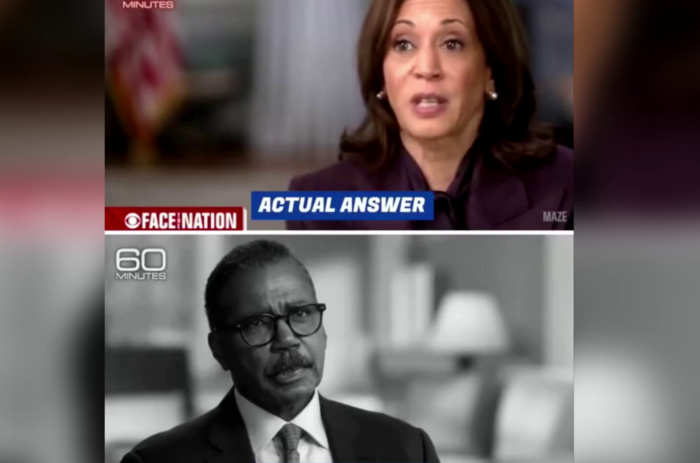redo Jump to...
print Print...
Directions
-Read the excerpt below (from Robert J. Samuelson's June 1 article at WashingtonPost.com).
-Read "Types of Media Bias" in the right column. Then answer the questions.
… the press — on domestic, if not foreign, policy — has so far largely abdicated its role as skeptical observer.
[President] Obama has inspired a collective fawning. What started in the [presidential] campaign (the chief victim was Hillary Clinton, not John McCain) has continued, as a study by the Pew Research Center’s Project for Excellence in Journalism shows. It concludes: “President Barack Obama has enjoyed substantially more positive media coverage than either Bill Clinton or George W. Bush during their first months in the White House.”The study examined 1,261 stories by The Post, the New York Times, ABC, CBS and NBC, Newsweek magazine and the “NewsHour” on PBS. Favorable articles (42 percent) were double the unfavorable (20 percent), while the rest were “neutral” or “mixed.” Obama’s treatment contrasts sharply with coverage in the first two months of the Bush (22 percent of stories favorable) and Clinton (27 percent) presidencies.
Unlike George Bush and Bill Clinton, Obama received favorable coverage in both news columns and opinion pages. The nature of stories also changed. “Roughly twice as much of the coverage of Obama (44 percent) has concerned his personal and leadership qualities than was the case for Bush (22 percent) or Clinton (26 percent),” the report said. “Less of the coverage, meanwhile, has focused on his policy agenda.”
When Pew broadened the analysis to 49 outlets — cable channels, news Web sites, morning news shows, more newspapers and National Public Radio — the results were similar, despite some outliers. No surprise: MSNBC was favorable, Fox was not. Another study, released by the Center for Media and Public Affairs at George Mason University, reached parallel conclusions.
The infatuation matters because Obama’s ambitions are so grand. He wants to expand health-care subsidies, tightly control energy use and overhaul immigration. He envisions the greatest growth of government since Lyndon Johnson. The Congressional Budget Office estimates federal spending in 2019 at nearly 25 percent of the economy (gross domestic product). That’s well up from the 21 percent in 2008, and far above the post-World War II average; it would also occur before many baby boomers retire.
Are his proposals practical, even if desirable? Maybe they’re neither? What might be the unintended consequences? All “reforms” do not succeed; some cause more problems than they solve. [President] Johnson’s economic policies, inherited from Kennedy, proved disastrous; they led to the 1970s’ “stagflation.” The “war on poverty” failed. The press should not be hostile, but it ought to be skeptical.
Mostly, it isn’t. The idea of a “critical” Obama story is one about a tactical conflict with congressional Democrats or criticism from an important constituency. Larger issues are minimized, despite ample grounds for skepticism.
Obama’s rhetoric brims with inconsistencies. In the campaign, he claimed he would de-emphasize partisanship — and also enact a highly partisan agenda; both couldn’t be true. He got a pass. Now, he claims he will control health-care spending even though he proposes more government spending. He promotes “fiscal responsibility” when projections show huge and continuous budget deficits. Journalists seem to take his pronouncements at face value even when many are two-faced. …….
The press has become Obama’s silent ally and seems in a state of denial. But the story goes untold: Unsurprisingly, the study of all the favorable coverage received little coverage.
Read the entire article at WashingtonPost.com.
To accurately identify different types of bias, you should be aware of the issues of the day, and the liberal and conservative perspectives on each issue.
Types of Media Bias:Questions
1. What is the problem with biased reporting?
2. Read the complete Pew Research Center study here. What is the most surprising to you about this report?
Scroll down to the bottom of the page for the answers.
Answers
1. The media’s job is to report the news, not sway public opinion. Biased reporting influences the public’s understanding of critical issues.
2. Opinion question. Answers vary.



